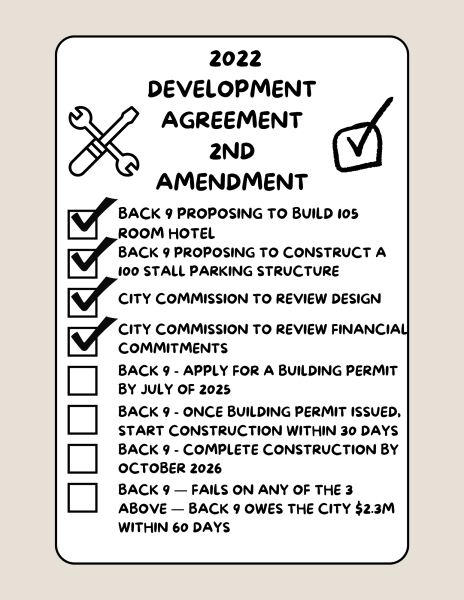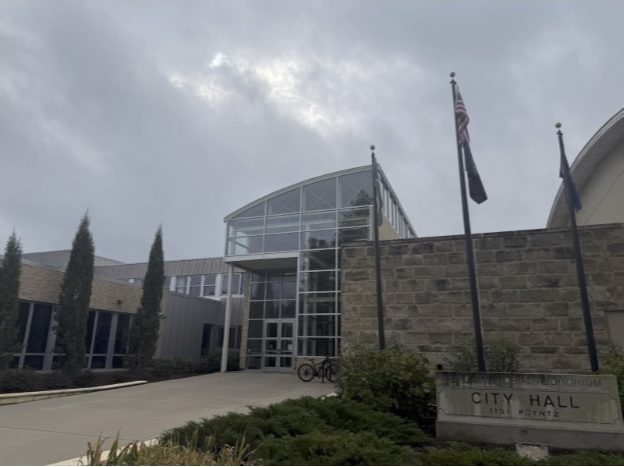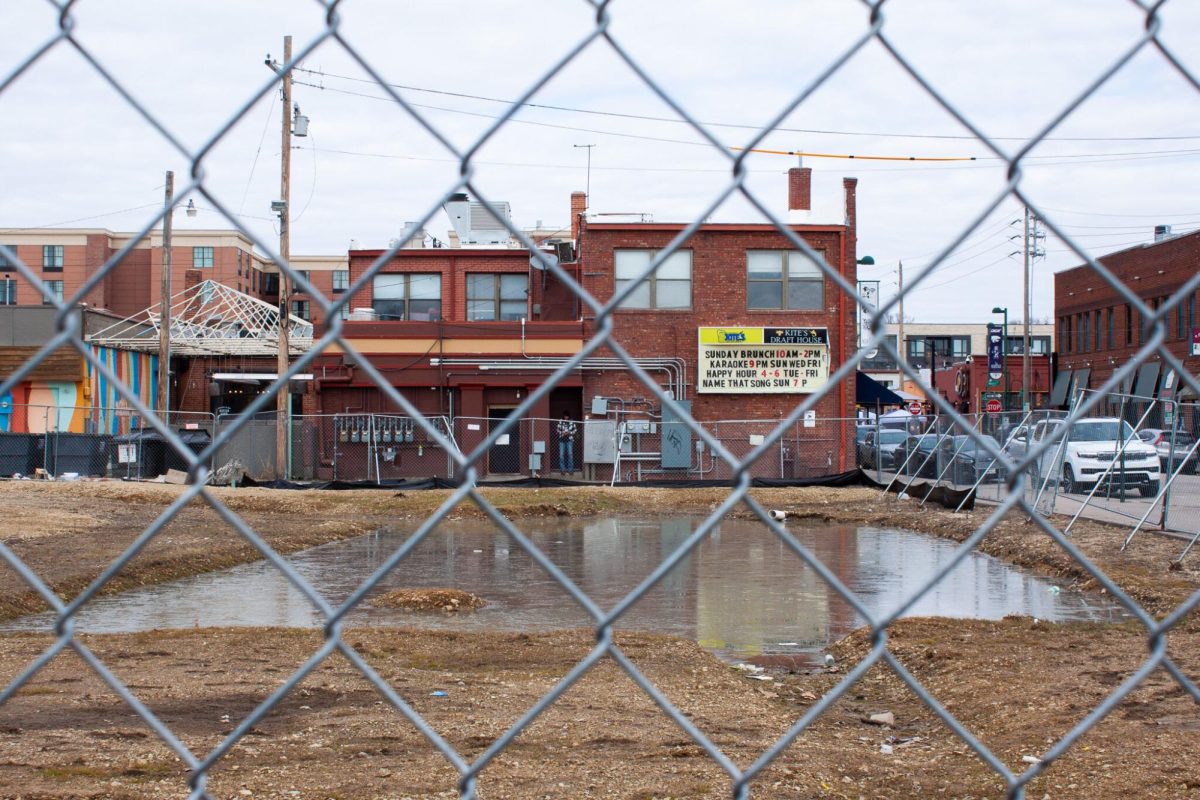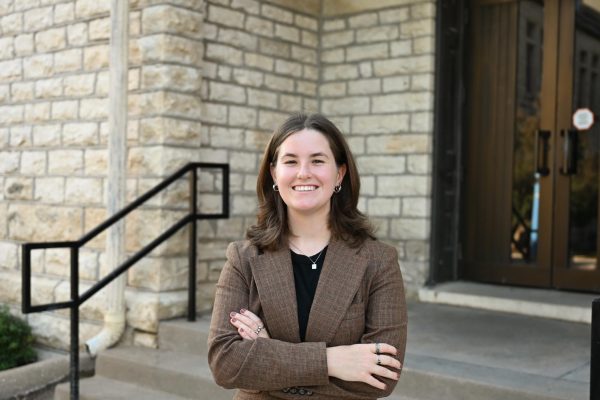The Manhattan City Commission voted unanimously to approve and provide $20 million in funding for the construction of a 105-room hotel and 100-stall parking garage at the Manhattan corner of Laramie and 12th Street on Jan. 21.
Back 9 Development made a development agreement with the City of Manhattan in 2022. The new amendment shifts $2.3 million in penalties for non-performance by Back 9 Development to new objectives relating to the hotel construction.
Manhattan’s deputy city manager Jason Hilgers said Back 9 Development will underperform if they “fail on the building permit application, starting construction within 30 days or completing [construction] by October of 2026.”
“If they fail on any of these three, they would then owe the city the $2.3 million that they negotiated, and we, the city, agreed to back in 2022,” Hilgers said. “It’s obviously shifted so the developer is approaching with this amendment to shift that $2.3 million obligation back to these three criteria and relieve him of prior obligations and those prior agreements.” 
Owner of Back 9 Development TJ Vilkanskas said the initial plans to build a multi-use office space fell through after the Kansas State University Foundation completed an office building in Kansas State’s edge district.
“The Manhattan market just doesn’t support it,” Vilkanskas said. “Right now, we have over 100,000 square feet of empty office space. For us to go add more to the inventory just didn’t make a lot of sense and when we changed what we were going to do there it delayed the project, so needed an extension of the timeline.”
Hilgers said the hotel would provide a $4 million property tax increment through 2038 to Aggieville’s tax increment finance (TIF) district, established in 2018 as part of the Aggieville Community Vision to finance the district’s public improvements.
“Whatever development we can leverage within Aggieville, public or private, can help in terms of generating revenue,” Hilgers said.
The city has estimated the need for 40 to 50 million dollars in total public infrastructure investment in Aggieville.
“Our streets, our water lines, our stormwater lines and even our sewer have all either been replaced or on the docket to get replaced in the next two or three years,” Hilgers said. “When we passed the 2020 sales tax that took effect in 2023, there was a significant portion, 70%, that was going towards public infrastructure that was going to come into Aggieville and assist with that infrastructure costs. TIF is not paying for everything. There’s not enough forecasted revenue to cover all the infrastructure costs in Aggieville, but it is covering a pretty substantial portion.”
The Aggieville Business Association and the Manhattan Area Chamber of Commerce voiced unanimous support for the amendment.
Director of BHS construction, Gavin Schmidt, said the city would be “ecstatic” about the hotel construction if the 2022 development agreement were not proposed.
“We’d be jumping up and down that we have a $20 million project that’s going to come out of the ground and make a big difference to the community’s coffers — to Aggieville TIF district,” Schmidt said. “If that parking lot was still pavement and the city still owned it, and they had the opportunity to turn that parking lot for $1 sale to an asset that’s going to generate 12 million in the next three to four years. That’s a really good return on investment for a taxpayer.”
Owner of Riffel Asset Management, Gwyn Riffel, said Manhattan “has incurred significant lost opportunity costs” from the project’s setbacks.
“This second amendment is not in fair exchange when it reduces the 40 million dollar development requirement to 20 million dollars, and the developer isn’t required to pay back a pro-rata portion of the $2.3 million for his failures,” Riffel said. “This simply is not providing the citizens of Manhattan with what was clearly expressed in the 2022 agreement.”
City commissioner Jayme Minton said this amendment puts Manhattan in a “better, more responsible spot.”
“Honoring that [original] contract, I think that’s irresponsible of us if we know we have an option that does better for our city,” Minton said. “By saying, ‘We want the $2.3 million, we are going to forgo any additional property value, additional sales tax, economic impact,’ I would say that’s irresponsible for us. Because our job is to look at what’s best for the city.”
Mayor Karen McCulloh said it was a hard decision to approve the new amendment.
“Aggieville has some very serious infrastructure, sewer lines, water lines, drainage and it’s a very old district,” she said. “Many of the water lines and things like that have been there for over 100 years, and we are going to see — probably, knock on wood — failures in some of the things that are there. We need to go in and we need to fix it. [The city] really had a vision when they started this … and it simply isn’t working.”

























































































































